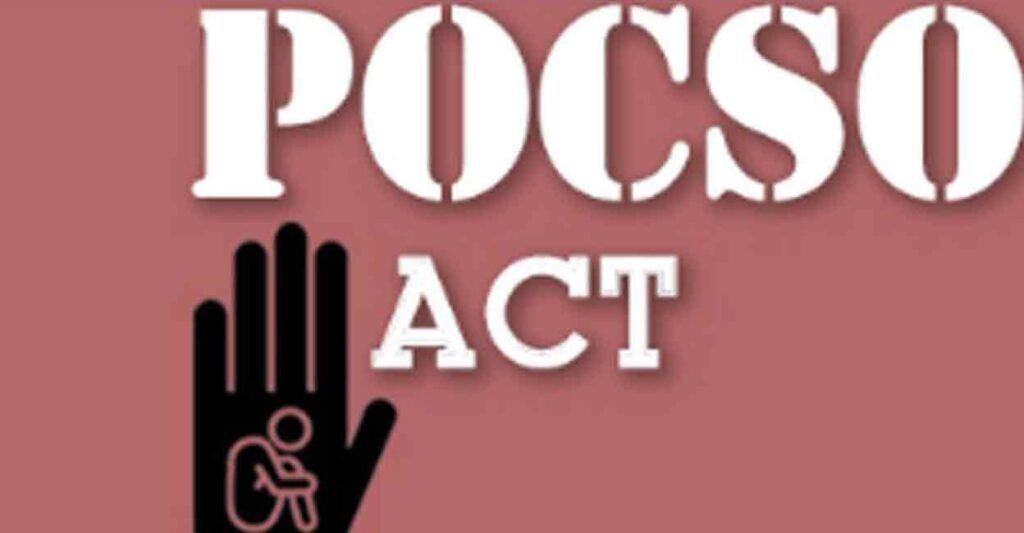Why in news?
- The Allahabad high court has reduced the jail sentence of a man convicted of sexually assaulting a child by controversially observing that oral sex does not fall within the category of ‘aggravated sexual assault’ under the Protection of Children from Sexual Offences Act.
- The court has controversially reduced the sentence of a man accused of sexually assaulting a 10-year-old boy.
Protection of Children from Sexual Offences (POCSO) Act, 2012-
- It was enacted to protect the children from the offences of,
- sexual assault,
- sexual harassment, and
- pornography
- It defines child as every human being or someone under the age of 18.
- It is a gender-neutral law. A child of any gender who has been sexually wronged has access to the remedies provided under the act.
- It consider a sexual assault to be aggravated under certain circumstances, such as when the abused child is mentally ill or when the abuse is committed by a person in a position of trust or authority like a family member, police officer, teacher or doctor.
- It consider a sexual assault to be aggravated under certain circumstances, such as when the abused child is mentally ill or when the abuse is committed by a person in a position of trust or authority like a family member, police officer, teacher or doctor.
Protection of Children from Sexual Offences (POCSO) Act, 2019-
In 2019 the act was amended to include following provisions:
- Storage of pornographic material: The Act penalises storage of pornographic material for commercial purposes with a punishment of up to three years, or a fine, or both. These include:
- Failing to destroy, or delete, or report pornographic material involving a child.
- Transmitting, propagating, or administering such material except for the purpose of reporting it.
- Pornographic purposes: Under the Act, a person is guilty of using a child for pornographic purposes if he uses a child in any form of media for the purpose of sexual pleasure. The Act also penalises persons who use children for pornographic purposes resulting in sexual assault.
- Increases the punishment: The amended increased the minimum punishment for penetrative sexual assault, aggravated penetrative sexual assault.
What are the challenges associated with the POCSO Act?
- Pendency of cases: The rate of conviction in Pocso act is very low. For example, 14% in 2014 and 18% in 2017. The National Crime Records Bureau (NCRB) data of 2016, mentions the conviction rate as 29.6%, while pendency is as high as 89%.
- Special Children courts: Though, the Act mentions Special Children courts to be established to hear the cases. Many states did not establish such courts.
- The Act does not cover all the aspects of sexual violence of children. For instance,. The Act is silent on cases were one child made sexual violence against another child/children.
- Medical Examination: The POCSO Act, requires that in the case of a female child, the medical inquiry should be done by a female doctor. On the other hand, the Criminal Law Amendment Act, the Indian Penal Code indicates that the Government medical officer on the responsibility to examine the rape victim without fails. This antagonistic legal position arises when a female doctor is not available.
- Police system: Police is under State list and is already suffering from number of issues like shortage of human resource, overburdened with work etc. As a result, many a time the victim has to face challenges like refusal by police to file the FIR, interrogation in an insensitive manner.
Conclusion:
Children need to be protected and taught good touch and bad touch at their growing stage by the introduction of sex education in schools. Hence, people need to keep watch on sexual abuse, explore and assess the child thoroughly. Though the POCSO Act, 2012 is an excellent piece of legislation and it recognizes almost every known form of sexual abuse against children as a punishable offense, a few challenges remain to be unanswered.
